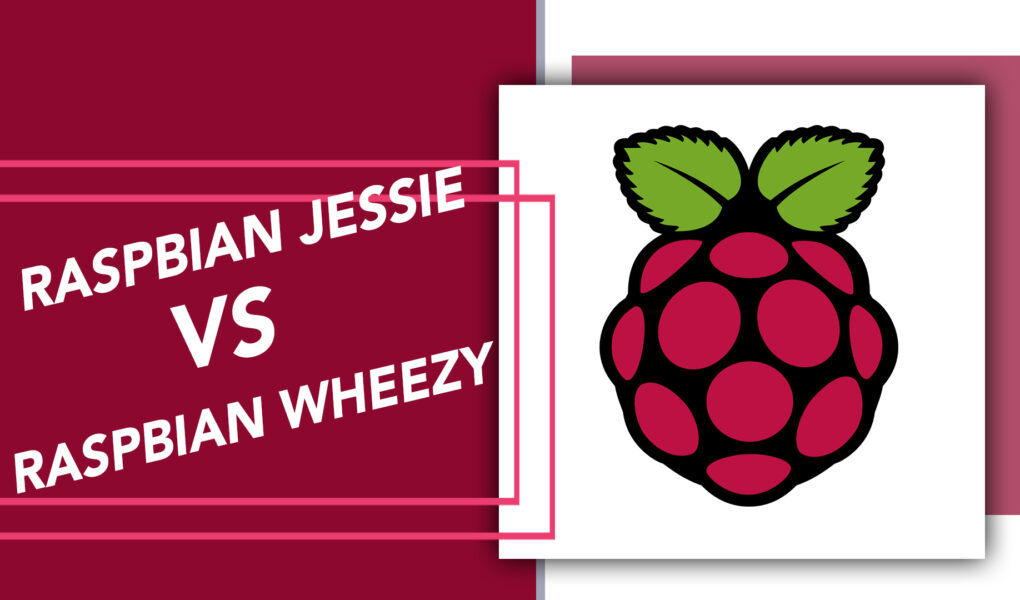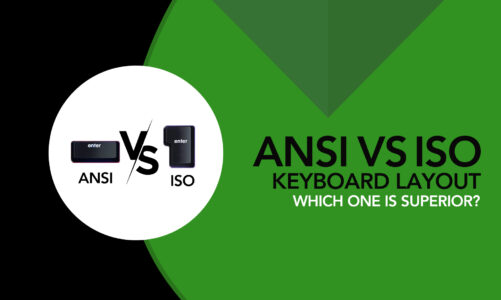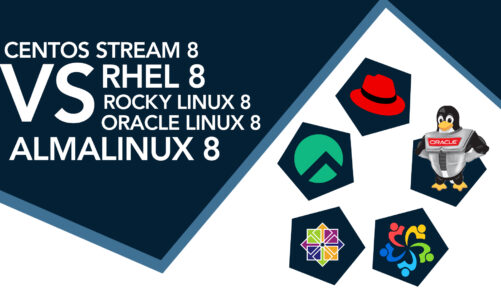In the realm of Raspberry Pi, two prominent names surface – Raspbian Wheezy and Raspbian Jessie. As successive iterations of the same base OS, they share common roots yet provide distinctive features and capabilities, influencing your Raspberry Pi experience.
To make sure that you make a good choice for the next Raspberry Pi project, the article presents you with a detailed comparison of Raspbian Wheezy and Raspbian Jessie. Let’s get started!
What is Raspbian?
Raspbian, an open-source operating system built on Debian, is meticulously tailored and optimized for the Raspberry Pi. The Raspberry Pi Foundation has created these compact single-board computers with the goal of promoting computer science education in schools and developing nations.
Raspbian differs from the official Debian because it has a hard-float ABI, and its default userland is compiled for the ARMv6 architecture used on Raspberry Pi boards. In simple terms, Raspbian is engineered to offer outstanding performance on Raspberry Pi’s hardware.
But Raspbian is more than just an operating system: it comes loaded with over 35,000 pre-compiled software packages. These software packages are bundled in an easy-to-install format, making Raspbian a highly versatile system for Raspberry Pi users.
Overview of Wheezy
Raspbian Wheezy was released as a stable version of Raspbian in 2013. This Debian-based free operating system quickly gained popularity in the Raspberry Pi community for its stability and performance, especially on older Raspberry Pi models.
Wheezy was developed with an emphasis on system stability and robustness, making it a strong choice for applications where system crashes, or bugs could lead to significant issues. Due to its solid foundation, it was a preferred choice for many Raspberry Pi users for several years.
Overview of Jessie
Raspbian Jessie is a later version of Raspbian that was made available to users in 2015. This update to the Raspbian family offered many new features and improvements over its predecessor, Raspbian Wheezy.
Jessie signaled a shift towards a more user-friendly experience for Raspberry Pi users, and the community quickly adopted it. It maintained the key aspects that made Wheezy successful, like stability and performance, while bringing in several enhancements and new features that propelled it beyond Wheezy.
Raspbian Jessie vs. Raspbian Wheezy: The Comparison
1: Performance Comparison
When it comes to performance, Jessie generally outshines Wheezy, particularly on newer Raspberry Pi models. This is due to numerous optimizations and software updates that have been introduced since Wheezy. These include more efficient process and resource management, improved boot times, and better integration with the Raspberry Pi hardware.
However, Wheezy still holds its ground, particularly with older Raspberry Pi models. Its lightweight nature and focus on core performance make it a reliable choice when system resources are limited.
2: Software Compatibility
In terms of software compatibility, Jessie has the upper hand. Since it’s a newer version, it supports more modern software packages. Many new applications and software libraries require system components that only exist in Jessie or later versions, which means Jessie can run a broader range of software applications.
That being said, Wheezy still supports an extensive range of software packages, and its age means that many bugs and issues with these packages have been ironed out over the years. If you’re running software that has been stable on Wheezy, you may not find a compelling reason to switch to Jessie.
3: Community and Support
Both Wheezy and Jessie have strong community support. Since Wheezy was widely adopted and has been in use for many years, there’s a vast pool of knowledge and troubleshooting resources available online. However, it’s essential to remember that it no longer receives official updates or patches.
On the other hand, Jessie, being a newer version, receives more active community engagement. You’re more likely to get help with issues on Jessie since it’s the version most users will be familiar with. Plus, it still receives updates, making you less likely to encounter security issues or major bugs.
Conclusion
When comparing Raspbian Wheezy and Jessie, it’s clear that both have their strengths and unique features, making them suitable for different circumstances and user needs.
Wheezy, with its robust stability and support for older hardware, serves as a reliable platform for many applications, especially for users who prioritize reliability over cutting-edge features. Having stood the test of time, this system has proven its reliability and worth among the Raspberry Pi community. Whereas Jessie represents a leap forward in Raspberry Pi’s operating system evolution. It introduces several enhancements, improved performance, and better software compatibility, particularly for newer Raspberry Pi models.



